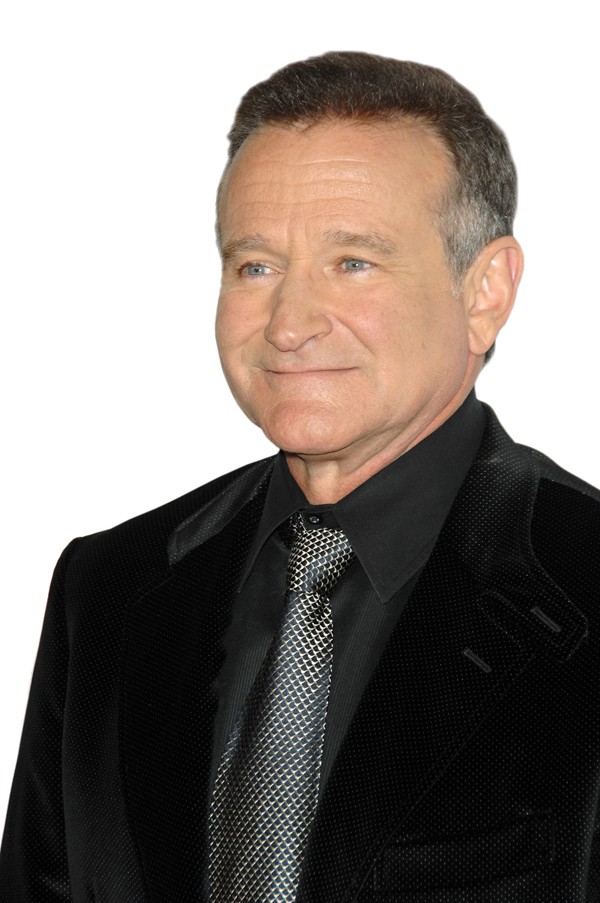 Greg Cravens
Greg Cravens
About Chris Shaw’s post, “Arrests Made at Fast Food Strike” …
Today, I took to the streets in support of a union for fast food workers. We were peaceably walking down the sidewalk on Poplar Avenue when we were stopped by two dozen fairly polite police officers. They did not want us in front of the McDonalds. They demanded to see a parade permit. This is silly. Why would one need a parade permit to walk peaceably down the sidewalk. Nevertheless, they blocked our path. Apparently, someone had told them not to allow us in front of McDonalds even though we had already walked in front of dozens of other businesses without incident.
The police, though polite, deliberately provoked the crowd by stopping them from a peaceful and lawful walk on the sidewalk. Frustrated about being illegally stopped, some of us, in a moment of enthusiasm attempted to wander out onto Poplar. Several were arrested. No one resisted. We put our hands up and cheerfully shouted, “Don’t shoot!” A paddy wagon appeared magically on the scene. The police, with cameras trained on them, were careful not to be violent. I continued to walk in the street to the front of McDonalds where I stood alone with my sign. Although I had disobeyed them, the police decided not to arrest the older affluent-looking white guy. I don’t feel any antagonism for the boys in blue. It’s a very tough job. I had to walk through the police barricade to return to my car. I said, “Surely a fellow union member will not stop me from helping other folks start a union.” No one did. Looking back, I think the only people who misbehaved were the sorry folks who crossed the picket line to eat at McDonalds.
Bill Stegall
Giving uneducated workers a living wage is another crutch that promotes welfare. It also would cripple small businesses trying to compete with the deeper pockets of large companies, eventually shutting down thousands of businesses that lose their margins because they cant afford to pay for labor, and customers cant afford to pay for food.
B1971
 Greg Cravens
Greg Cravens
Ya B1971, a living wage is unhealthy! We need an undead wage!
Ern
Ern, I think for once you may have something there. Zombie food handlers. Eliminates the small talk and pressure to super size.
But, personally, I find eating food prepared by people who can’t afford health care or have a sick day off adds that extra excitement to dining.
CL Mullins
About Randy Haspel’s Rant about discriminatory night spots …
Thank you for Randy Haspel’s Rant about the demoralizing covert racism in Memphis’s nightlife scene. I can’t recall ever seeing this problem addressed in the Flyer, so I found myself cheering aloud while reading.
The Flyer frustrates me, as a black Memphian, because many of the venues and hotspots you promote are unwelcoming toward people of color. My white friends have served as unofficial passports over the years, because there seems to be this unspoken rule that our experiences may not be as pleasant if we show up alone or — gasp! — with a group of black people. All of my black friends have similar stories. Some places we’ve even blacklisted. Pun unintended.
I’ve had staff and patrons stare daggers at me for daring to step foot in more than one Cooper-Young bar and had concertgoers equally fascinated with my presence: (“I just think it’s cool you like this kind of music.”) I simply want to eat, drink, flirt, dance, (as my people are wont to do) and catch a St. Vincent show — without any trouble. It was nice to know that someone on the other side can see how screwed up it is around here.
Taylor Calvert
 FeatureFlash | Dreamstime.com
FeatureFlash | Dreamstime.com 